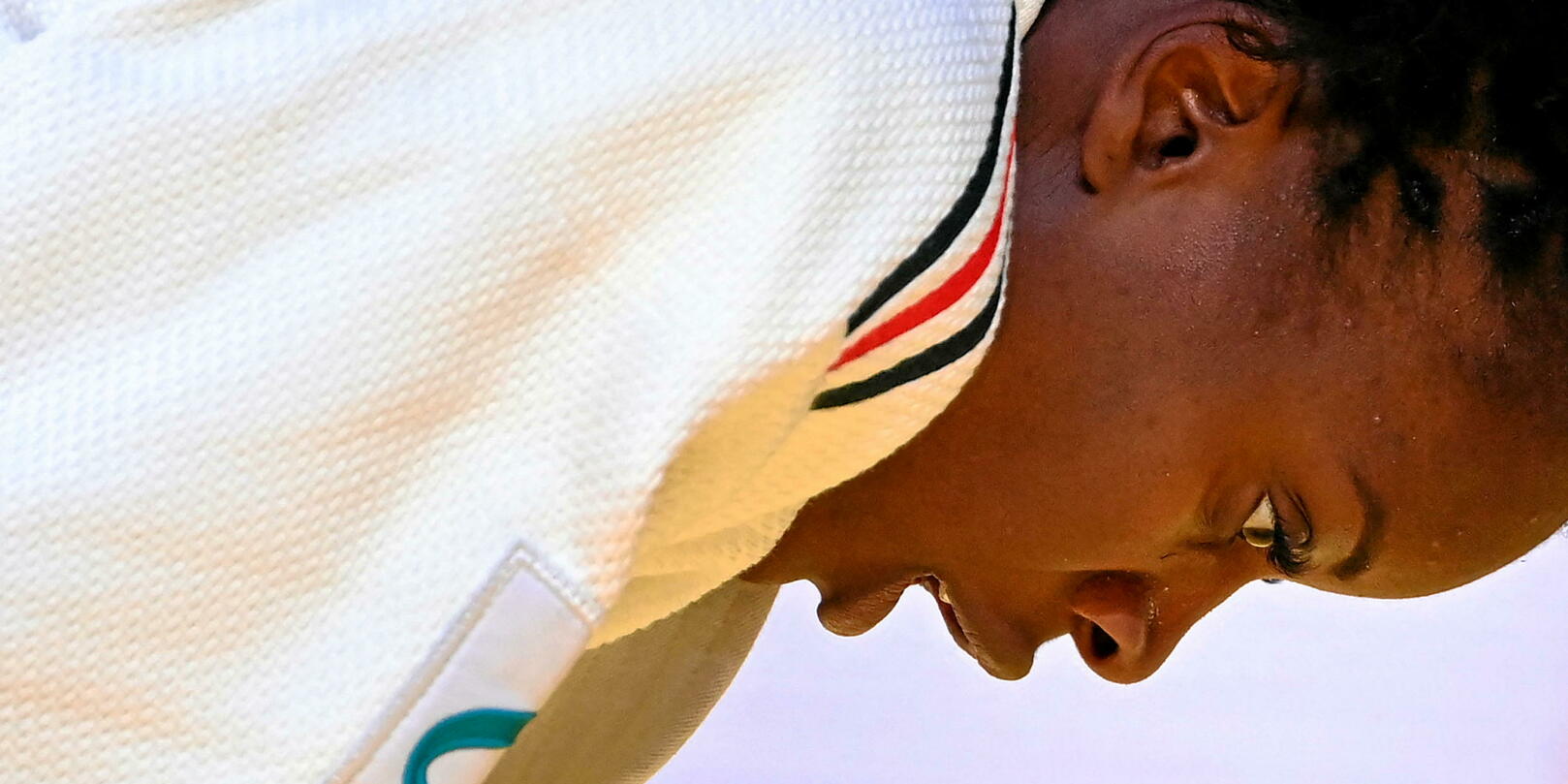« Nour failures do not define us and our vulnerability is not a weakness. These words are those of the French judoka Madeleine Malonga. With force, the Olympic judo vice-champion at the Tokyo Olympics in 2021 does not hesitate to talk about the mental health of athletes. In recent years, speech has become free, often followed by radical decisions. Like the American gymnast Simone Biles who withdrew from certain events at the Tokyo Olympics to “preserve her mental health”.
According to a 2020 survey by the Ethics and Sport Committee on the mental health of more than 1,200 athletes (15 to 40 years old), including 28% of top athletes, 80% of them have already felt sadness, a lack of confidence, strength or energy. “The top athlete is often seen as someone who does exceptional things, there is a demand for high standards, for performance, but, unfortunately, we are not machines. This is what puts our mental health to the test,” analyzes Madeleine Malonga.
READ ALSOHigh-level sport: these “cruel” methods that no longer workThe judoka, who started at the age of 8, explains to us that she had experienced difficult times, especially in the post-Olympic period, after being beaten in the final (- 78 kg) by the Japanese Shori Hamada. “Coming back from the Tokyo Olympics, it was difficult. I resumed mechanically, because I’ve always done that. And during the 2022 European Championships, at some point, my body gave out. It got to the point of wondering what I was doing there, why I was doing that. It was not easy. »
“A huge workload”
A body that says stop, doubts, an inevitable phenomenon for the athlete? Elise Anckaert, sports psychologist at Insep (National Institute of Sport, Expertise and Performance), enlightens us: “It is inevitable, but depending on the situation, it can be life-saving. This can allow athletes to understand their needs, to set limits […] they are exposed to an enormous workload and emotional load. What is important is not to be alone in the face of the emotional flood that an athlete can experience linked to expectations, performance, injuries, media coverage, etc. »
READ ALSOThe positive impact of sport on self-esteemAn essential support that Insep does not neglect. A breeding ground for future champions, the Institute sets up awareness workshops on the issue of mental health. If an annual psychological assessment is compulsory, following a decree of June 16, 2006 – a French specificity –, the athletes can, at their request, have a follow-up over a longer period of time. “INSEP is an institution that has an establishment culture where people work as a team and where monitoring psychological safety is important. Many top athletes have been sensitized from within on these issues,” says the psychologist.
A subject that is also close to the heart of Fabien Canu, director of Insep. The former double world judo champion (in 1987 and 1989) watches over his athletes like a parent over his children.
“We have 600 athletes here who train every day, it is clear that the discomfort is, at some point, counterproductive and we are not here to make people unhappy. […] The athlete is above all a human being, it is the head that wins. The idea here is indeed to have time for discussions so that everyone thinks about their way of doing things. »
Support for Paris 2024
If the Olympic atmosphere already reigns at Insep, we are also thinking of the post-Olympic period: “We will be very attentive to this period, because it will be very difficult for those who miss their competition. We must also think of those who will end their careers after Paris 2024. Without forgetting, upstream, those who will not be selected. I started to sensitize the federations and the Minister of Sports, so that there is this support both in the reconversion and psychological aspect, ”specifies the director of Insep.
Listening time and teamwork that give athletes the opportunity to approach Olympic competition from another angle. Madeleine Malonga advances, serene, towards the Parisian games. “In Tokyo, I ran to the top without stopping and without once looking at the surrounding landscape. This time, for the mountain of Paris, I see the summit, I move forward and, at the same time, I look at the view. There are times when I stop, others when I go back down, but then I go back up and take the time. But I know I’ll get to the top of this mountain no matter how. »
What is mental health?
According to the World Health Organization (WHO), mental health is “a state of well-being that enables everyone to realize their potential, to cope with normal life difficulties, to work successfully and productively. , and to be able to make a contribution to the community”.
2023-07-16 10:44:10
#Fighting #mental #health #athletes #team #effort
